 It is unfortunate that Michael Barrier's book, The Animated Man: A Life of Walt Disney, has struggled to find its way out of the shadow cast by last year's publication of Neal Gabler's more heralded and Disney Company endorsed Walt Disney: The Triumph of the American Imagination.
It is unfortunate that Michael Barrier's book, The Animated Man: A Life of Walt Disney, has struggled to find its way out of the shadow cast by last year's publication of Neal Gabler's more heralded and Disney Company endorsed Walt Disney: The Triumph of the American Imagination.I have not up until this point attempted any kind of review of Barrier’s efforts, as in all honesty, I have not read the book in its entirety. I am not a reader of biographies in the traditional fashion; I tend to dig into them haphazardly, usually digesting specific passages as interest or research dictates, but rarely if ever completing cover-to-cover consumptions.
The same held true of Gabler’s longer book, although I did take a more linear approach with it initially, and have more or less completed reading it in the months since its publication. Like many others, I was at first infatuated with the potential of Gabler’s efforts. Here was someone essentially given the blessing of the Walt Disney Company and access to many otherwise restricted items from its extensive and far reaching archives. Great was my anticipation; so also ultimately was my disappointment. I quickly tired of its overemphasis on the “flawed Walt.” The book often becomes a somewhat odd apologist dissertation rather than an insightful and enlightening life story. I, like Barrier, do not subscribe to the Gabler suppositions that Disney spent much of his life discontented and at times mired in mental anguish. The "troubled genius" approach is one all too easy for a biographer to take and one that Gabler seems to readily embrace. He in effect, puts the psychoanalytical cart before the fascinating and far more relevant creatively driven horse.
While I am certainly disqualified from writing fair, overall assessments of both books, I feel I can still venture an opinion or two based on the usage they each receive as parts of my library of Disney research materials. That is to say I frequently find myself perusing The Animated Man with a regularity that keeps it almost constantly residing near my desk. It is rare that I cannot find what I am looking for within its pages. At the same time Gabler’s lengthier tome has become the research equivalent of the relief pitcher who never makes it out of the bullpen.
This is not to say that the book is without merit. Its density alone reflects exhaustive research and extensive content. But there seems to be an odd disconnect between Gabler and his subject that Barrier thankfully does not fall victim to. It's an intangible and highly subjective perception on my part, but perhaps rooted in Barrier's well earned status as one of the leading authorities on animation history. His resume in that regard is extensive, beginning in the 1970s with the publication of Funnyworld, a magazine devoted to animation and comic art. A near quarter century of research and interviews led to the writing of Hollywood Cartoons: American Animation in Its Golden Age which saw publication in 1999. Those efforts in turn ultimately served in the writing of The Animated Man.
Barrier himself addresses Gabler in a commentary he has posted on his web site. While it would be quite easy to quickly dismiss his pointed criticisms and the extensive list of errors he has found in Walt Disney as rooted in professional rivalry, a careful reading of the post reflects a genuinely fair and balanced assessment of Gabler’s efforts. One especially notable point addressed by Barrier is Gabler’s citings of two particular sources, Hollywood’s Dark Prince by Marc Eliot and Disney’s World by Leonard Mosley, both known for their often outrageous conjectures and numerous inaccuracies. While it is certainly unavoidable to not shine a spotlight on Barrier’s potential bias in the discussion, he is still unquestionably among the very few individuals qualified to question the veracity of Gabler’s work.
Especially pleasing to a Disney historian such as myself (albeit of a distinctly novice stature when compared to the Barriers, Canemakers and Maltins of the world) is the wealth of information and commentary Barrier makes available at his web site. A recent post that addresses Disney’s wearing of a Goldwater campaign button to a White House ceremony hosted by LBJ is an excellent example of the lengths Barrier will go to to insure that his work is accurate and as close to the truth as one can get.
At the conclusion of that particular essay, Barrier states that “. . . where Walt Disney is concerned, I realized long ago, there's always something new to learn. That's what makes researching and writing about him so fascinating, so frustrating, and, ultimately, such an enormous pleasure.”
The statement demonstrates a passion for the subject matter that is, as I previously stated, noticeably absent in Gabler’s Walt Disney. Barrier also displays a much a greater understanding of the business that Disney pioneered and ultimately came to represent on so many levels. While The Animated Man has not enjoyed the publicity and critical recognition that Walt Disney has in many ways received more by design than by merit, it is an effort that deserves to be recognized as a valuable and important contribution to the library of Disney history.
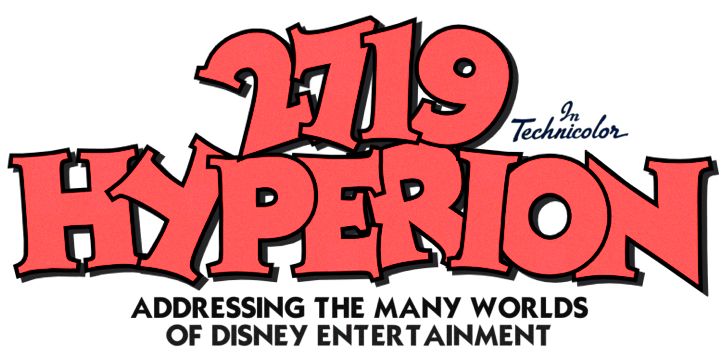
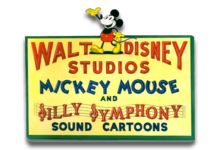
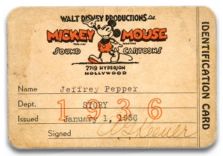












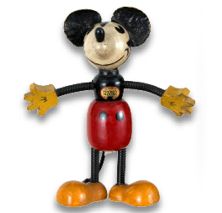

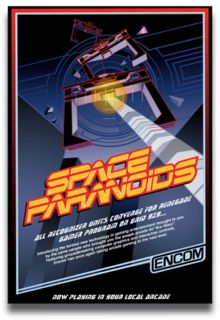

3 comments:
I agree that Barrier's book is an excellent book and an important addition to the scholarship on Walt's life.
That said, I had a couple of problems with the book. The one I'll mention here is Barrier's insistence on interpreting what the events of Walt's life must mean. Naturally, I can (and frequently did) ignore or disagree with Barrier's opinions. But if Eliot's and Moseley's books are faulted for their conjecture (and rightly so), doesn't that imply that Barrier's conclusions should be similarly suspect?
It's interesting to see on barrier's site Diane Disney's reaction to Gabler and how he portrayed her father.
Some of Gabler's public pronouncements about Walt Disney are bizarre and disturbing - the "cult" of Disney, and the Jim Jones connection were over the top to say the least.
Great review, Jeff.
That is next on my purchase list thank to your review.
I am finding Gabler's book a little plodding. At first it seemed utterly untouchable--an incredible epic, but I quickly digested the same themes you stated. I am still enjoying it, though. Just looking for the end.
I do wonder if Gable will follow the same path that he did with explaining Walt's animation and foray into live-action. His sudden discontent with the lack of control.
Post a Comment